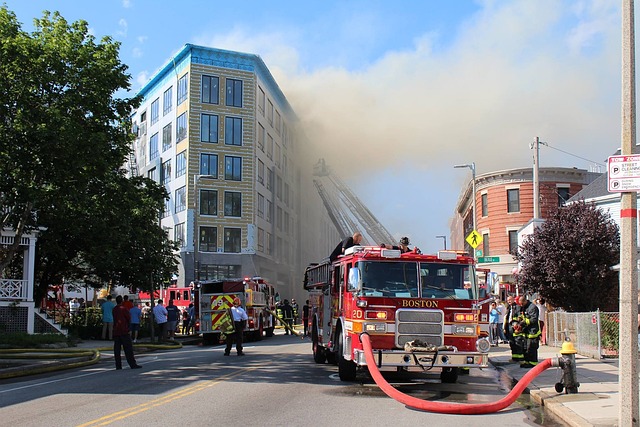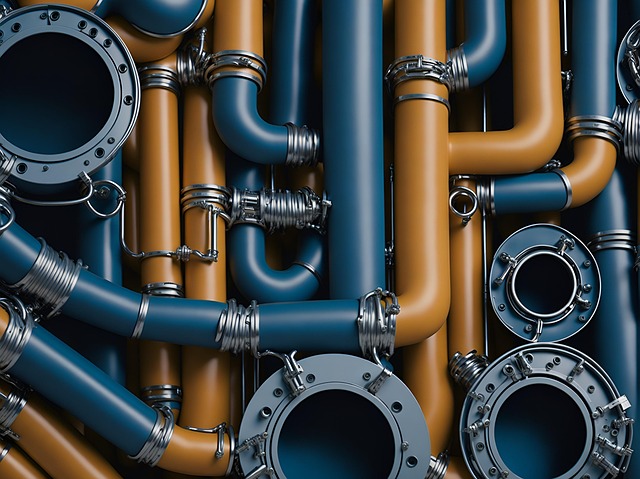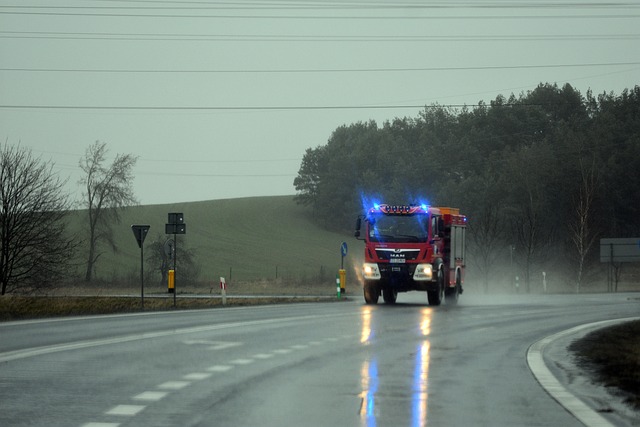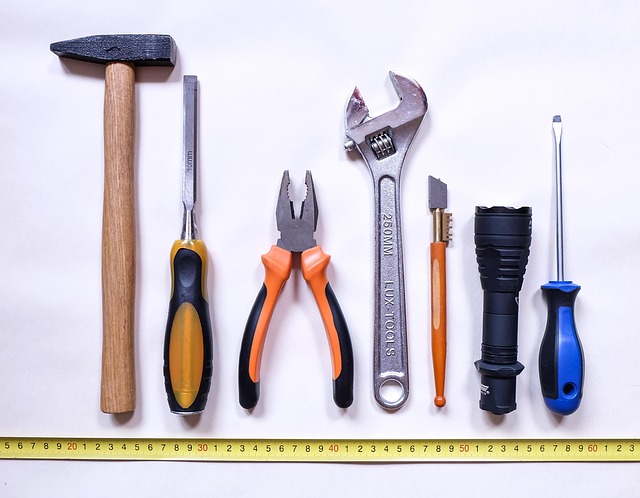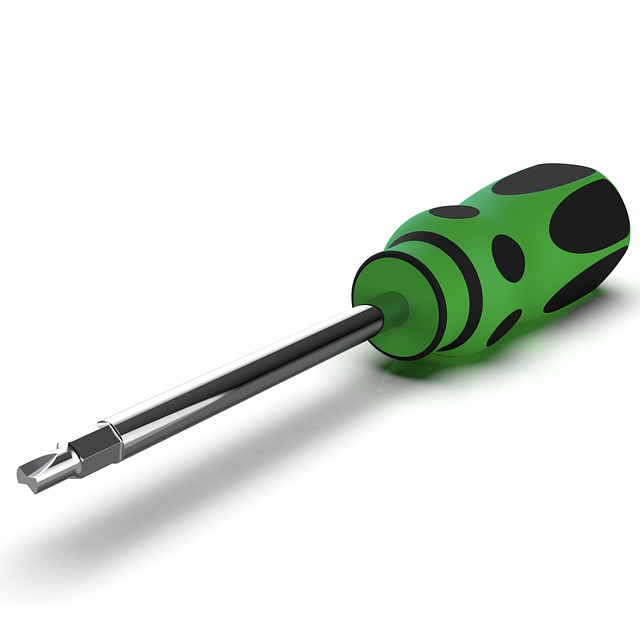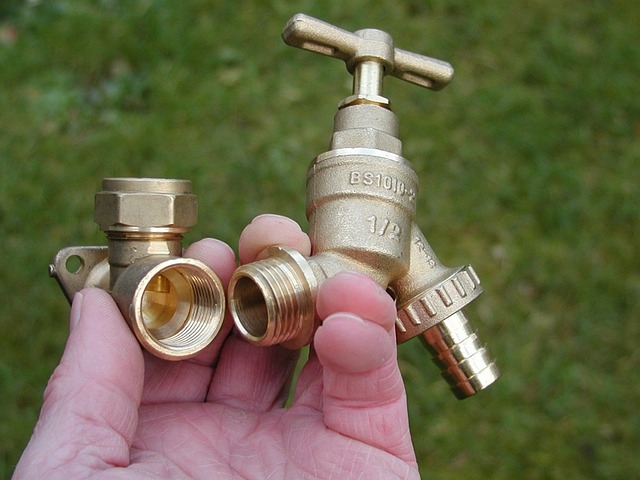In emergency plumbing situations, professional plumbers are essential for quick, expert solutions to prevent water damage and structural harm. They recommend homeowners prepare with an emergency kit and prioritize regular maintenance checks. By combining proactive measures and prompt professional assistance, both homeowners and businesses can ensure safety and minimize disruption during plumbing emergencies.
In every home, understanding emergency plumbing situations is key. When pipes burst or toilets clog, quick action matters. That’s where professional plumbers step in, offering invaluable expertise and swift responses. This article explores essential tools for an emergency kit, safe handling practices, and preventive maintenance tips. By equipping yourself with knowledge about these topics and relying on professional plumbers when needed, you can tackle plumbing emergencies effectively.
- Understanding Emergency Plumbing Situations
- The Role of Professional Plumbers
- Essential Tools in an Emergency Kit
- Quick Response: Handling Leaks and Clogs
- Safety Measures for Plumbers and Homeowners
- Regular Maintenance: Preventing Emergencies
Understanding Emergency Plumbing Situations

In emergency plumbing situations, quick action is crucial. Knowing what to do and having access to the right tools can make all the difference. Many common household issues, such as burst pipes or clogs, can escalate rapidly, leading to water damage or even structural harm if left unattended. That’s where professional plumbers come into play. They are trained to assess situations swiftly and implement effective solutions, minimizing potential disasters.
Understanding these emergencies beforehand empowers homeowners and business owners alike to prepare. Keeping a well-stocked emergency plumbing kit with essential tools, like pliers, wrenches, and leak-sealing materials, can allow for immediate containment while waiting for a professional to arrive. Such proactive measures, combined with regular maintenance by professionals, contribute to a more secure environment.
The Role of Professional Plumbers

Professional plumbers play a pivotal role in ensuring swift and effective access to emergency plumbing equipment. Their expertise lies in swiftly identifying issues, be it burst pipes, clogs, or leaks, and providing immediate solutions. With specialized tools and knowledge, these professionals can navigate complex plumbing systems to stop water damage in its track, a critical factor in preventing costly repairs and mitigating potential health hazards.
Moreover, they are trained to install and maintain emergency plumbing devices, such as backup water heaters and pressure relief valves. Regular inspections conducted by professional plumbers can also help identify potential problems before they escalate, promoting a culture of proactive maintenance among homeowners and businesses alike.
Essential Tools in an Emergency Kit

When preparing for plumbing emergencies, having a well-stocked kit is invaluable. Among the essential tools every homeowner should include are a variety of wrenches, both adjustable and pipe, to tackle various fittings. A set of pliers, ideally with cutting capabilities, can help deal with broken pipes or tight connections. Additionally, a multi-tool with a knife function comes in handy for cutting through clogs or accessing hard-to-reach areas.
Remember, professional plumbers often recommend including a water pump, as well. This device can be crucial when dealing with burst pipes, allowing you to temporarily stop the flow of water until help arrives. A well-prepared emergency kit, complete with these tools, empowers homeowners to handle minor issues and provides peace of mind, knowing they’re ready for any plumbing crisis that may arise.
Quick Response: Handling Leaks and Clogs
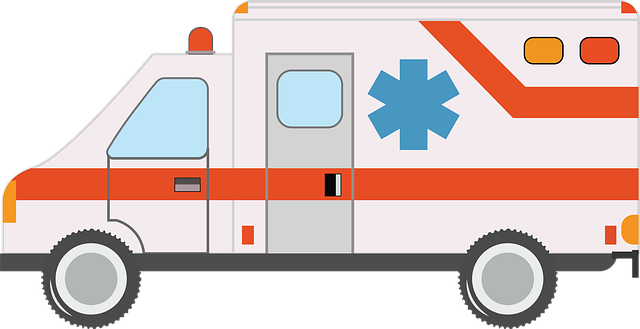
When it comes to emergency plumbing situations, swift action is key. That’s where professional plumbers shine—they’re trained to handle leaks and clogs promptly and efficiently. Time is of the essence in such scenarios as water damage can escalate quickly, causing further complications and even structural harm.
A professional plumber will first assess the issue, whether it’s a burst pipe or a stubborn clog. They carry specialized tools and equipment designed for quick fixes, allowing them to resolve problems in no time. By acting promptly, these experts can minimize damage, reduce water waste, and ensure your home remains safe and secure.
Safety Measures for Plumbers and Homeowners

When it comes to emergency plumbing situations, both professionals and homeowners must prioritize safety measures to prevent accidents and injuries. For homeowners, this includes keeping essential tools and supplies readily accessible, such as a well-stocked emergency kit with items like shut-off valves, leak detectors, and basic repair tools. Regular maintenance checks and understanding the layout of their plumbing system are also crucial.
For professional plumbers, safety is paramount. They should always wear appropriate personal protective equipment (PPE), including gloves, goggles, and water-resistant clothing. Staying up-to-date with safety training and adhering to industry standards ensures they can respond effectively while minimizing risks in potentially hazardous environments. Additionally, maintaining clear communication with clients about emergency protocols ensures everyone is prepared for unexpected plumbing issues.
Regular Maintenance: Preventing Emergencies

Regular maintenance is an often-overlooked aspect of emergency preparedness, especially when it comes to plumbing. Professional plumbers recommend scheduling routine inspections and services to prevent potential emergencies from occurring. By identifying issues early, such as leaks, clogs, or faulty fixtures, homeowners can avoid more serious problems that might arise if left unaddressed. Regular maintenance also ensures that emergency plumbing equipment, like backup generators or pressure relief valves, is in working order when needed.
A proactive approach to maintenance involves checking pipes for corrosion, sealing potential entry points for pests, and testing water pressure regularly. These simple steps can significantly reduce the likelihood of sudden plumbing failures, which often occur during unexpected events like natural disasters or power outages. Thus, homeowners who prioritize regular maintenance not only save on costly repairs but also ensure they have access to reliable emergency plumbing solutions when challenges arise.

